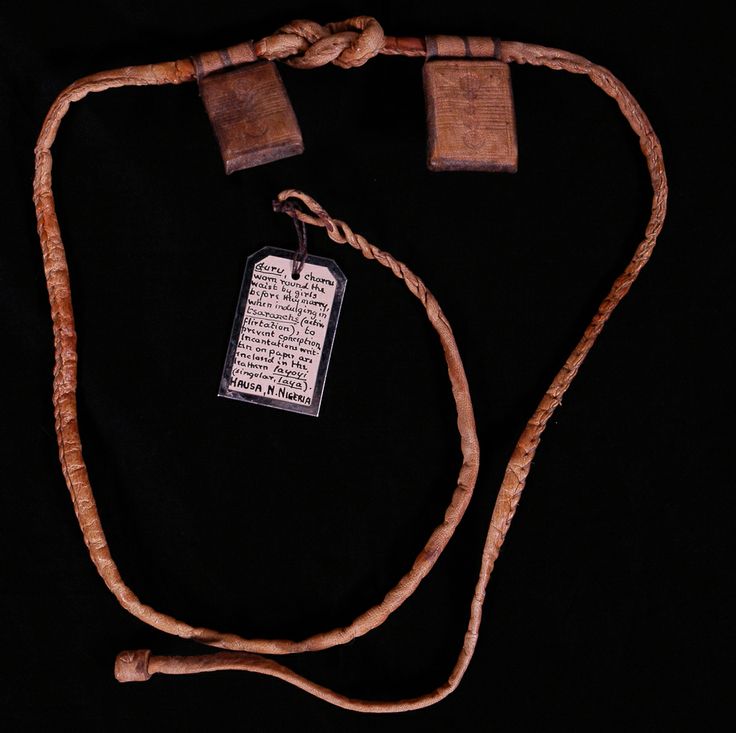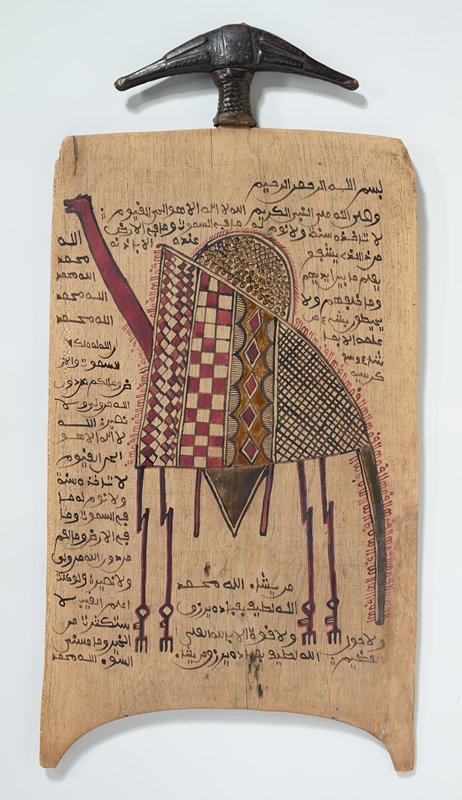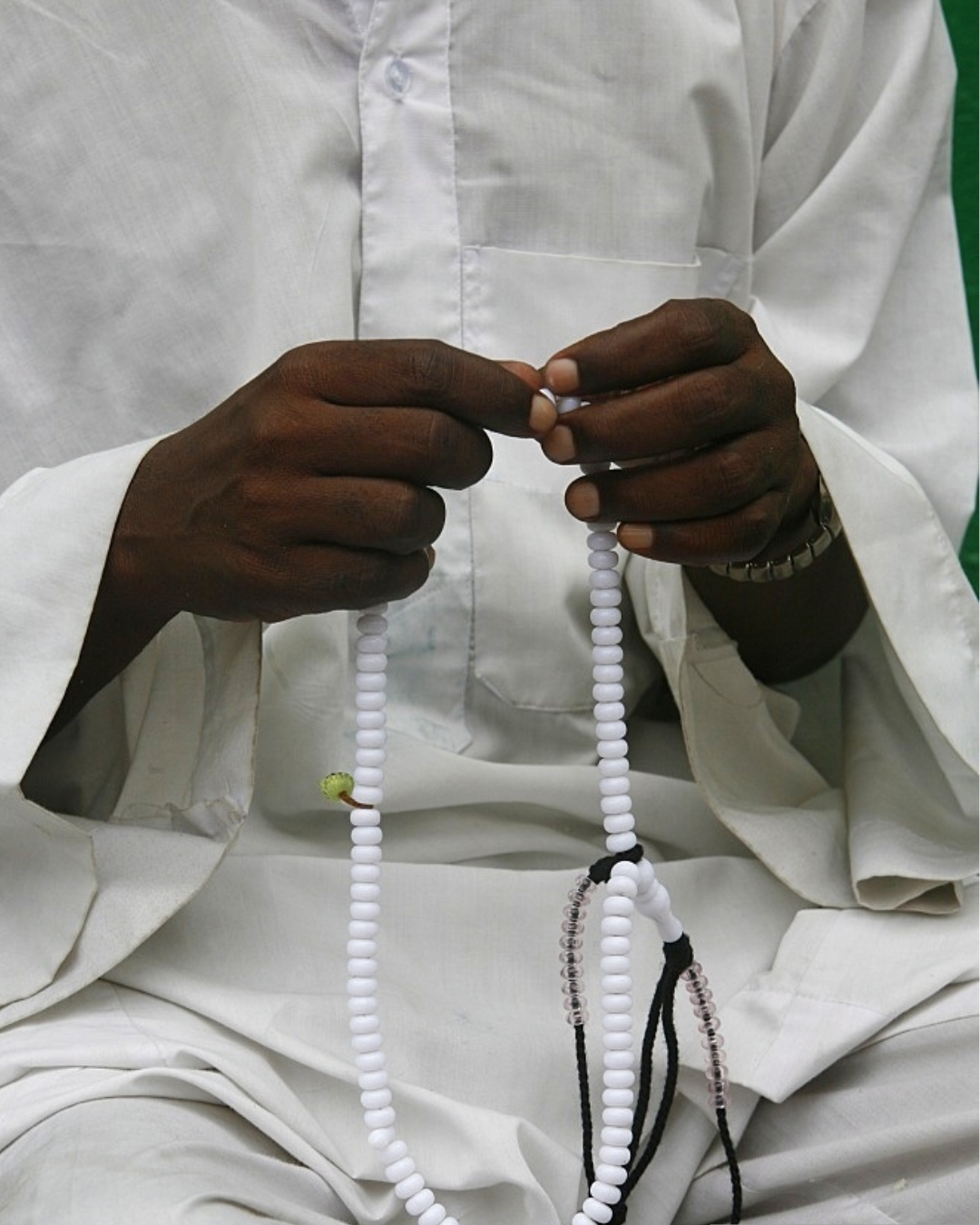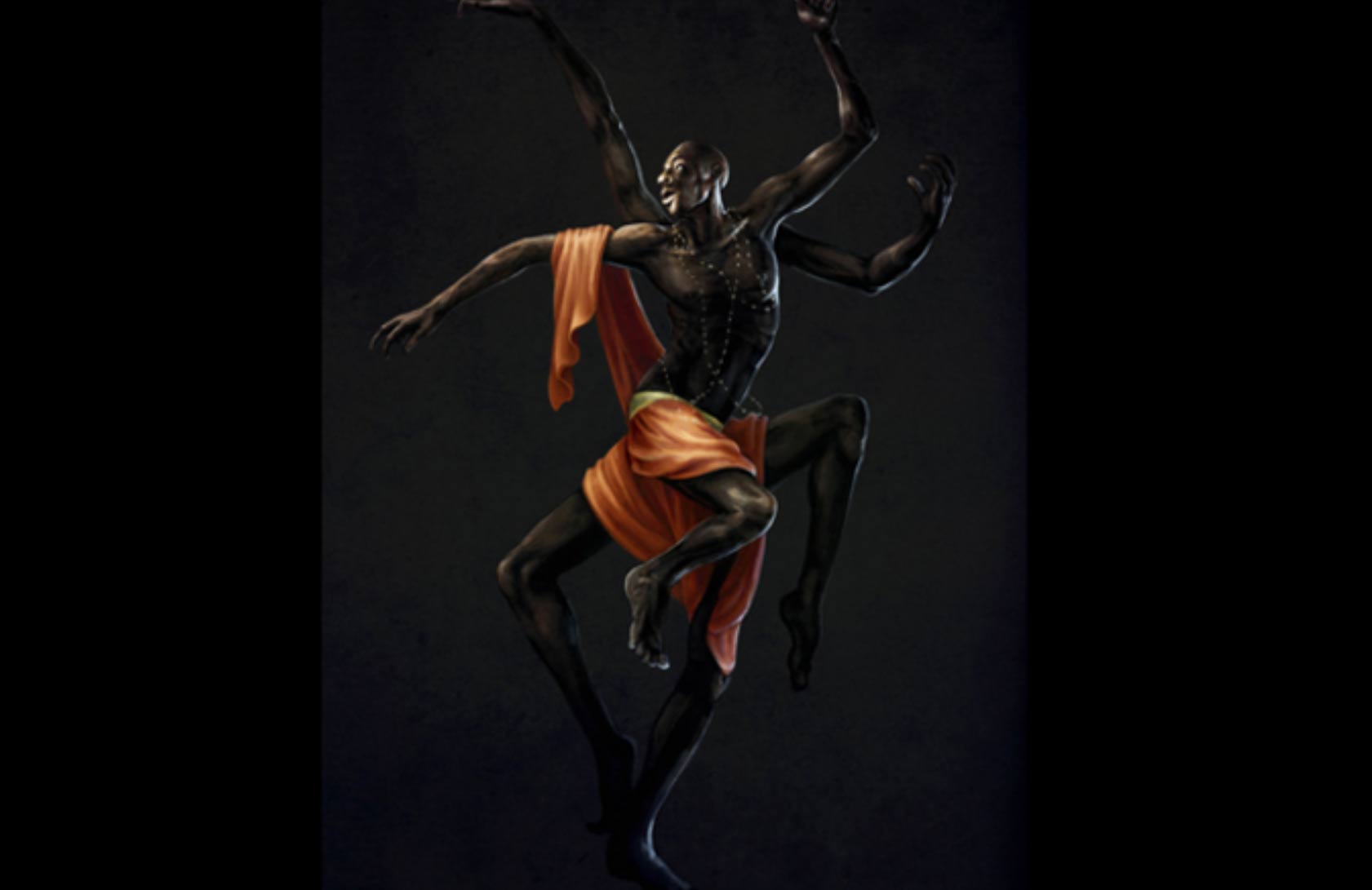Power Objects, Charms, and Spiritual Tools in Daily Life
In many traditional belief systems across the world, physical objects such as amulets, charms, staffs, and masks are believed to hold spiritual power. These items serve as conduits or vessels for metaphysical forces, allowing human beings to connect with, wield, control, or protect themselves from spiritual entities and forces beyond the visible realm. This belief in the spiritual efficacy of objects is particularly evident in most African traditions and is deeply rooted in ancestral cosmologies, religious rituals, and cultural identity.
Among the Hausa people of Northern Nigeria, physical objects such as charms, amulets, and ritual instruments are not merely symbolic — they are believed to contain or attract spiritual forces. These objects are widely used for protection, healing, fertility, love, and spiritual power, drawing from a blend of native beliefs, Islamic teachings, and Sufi mysticism. Though Islam is the dominant religion among the Hausa, spiritual practices involving sacred objects remain deeply ingrained in both rural and urban communities.
The most iconic spiritual objects in Hausa belief are charms, called laya, takarda, or tsafi, which are physical items believed to hold divine or mystical protection.
They are often created by mallams (Islamic clerics) or bokaye (traditional spiritualists).
They are made from animal skin (leather pouches), paper, herbs, stones, Quranic inscriptions, or symbolic drawings.
Quranic verses are commonly written on folded pieces of paper or boards, which are then sewn into leather amulets or placed in bottles or containers.
They serve as protection against evil spirits (aljannu), witches (mayu), or harm from enemies.
They are popular among students and scholars, as when used, are believed to be key in passing exams and having retentive memories.
Some charms are designed to increase charisma, influence, or leadership power, particularly for politicians or traditional rulers.
A charm's power is not automatic. It is often "activated" through incantations (du’a), ritual ablution, or recitation of sacred texts. It has to be renewed regularly through prayers or ritual feedings (e.g. sprinkling perfume or blood on them).
Another subset of charms includes Islamic talismans, Qur’anic scrolls, or protective writings called Takardun Ruqya, often carried or placed in homes or vehicles used to ward off spirits, especially the invisible jinn believed to cause illness, madness, or misfortune. It is worn around the neck as protection for pregnant women and newborn babies.
It may be soaked in water and drunk as spiritual medicine — this practice is called rubutu shan ruwa, meaning "writing to drink water."
While not as widespread as charms, staffs (sanduna) used by mallams, traditional rulers, or hunters can carry symbolic and spiritual significance.
Traditionally, a staff is a symbol of authority. They are held by traditional rulers as symbols of their spiritual mandate and political power. A significance of a ruler's royalty is his staff, and at a coronation, a staff of office is handed over to them.
A mallam’s staff represents his connection to divine knowledge and also command over spirits.
Sanduna are believed to ward off wild animals or bullets through embedded charms or enchantments.
Northern Nigeria has long been influenced by Sufi orders such as the Tijaniyya and Qadiriyya, whose rituals include the use of beads (tesbihi), blessed water, and sacred relics.
The tesbihi are prayer beads which are used in spiritual recitations (zikr), and are believed to carry baraka (blessing) from prolonged devotion.
Water, soil, or garments associated with revered Islamic scholars or saints are sometimes considered spiritually potent because they carry powers from these spiritual men.
The Hausas also hold spiritual beliefs on a vast invisible world of spirits, both evil and good. The evil are classified as follows:
- Aljannu (Jinns): Who can be benevolent or malevolent. They are believed to live in trees, water, and abandoned buildings and are notable tricksters.
- Mayu (Witches): They are feared for their power to cause harm to others through invisible means.
- Tsafe-tsafe: These are spirit-channeled forces that may be controlled or repelled using spiritual objects.
Even in modern urban Hausa society, the use of charms and spiritual objects remains widespread and there is often tension between orthodox Islamic teachings and traditional practices, but in practice, many Hausa Muslims combine both. This syncretism allows spiritual objects to thrive under a religious framework.
In Hausa traditional and Islamic-influenced belief systems, physical objects such as charms, amulets, staffs, and talismans are powerful tools for navigating the spiritual realm. These objects act as intermediaries between the seen and unseen, offering protection, power, healing, and connection to the divine. Their continued use reflects the resilience of indigenous knowledge systems, the adaptability of Islamic spirituality, and the deep cultural emphasis on spiritual security and metaphysical order in Hausa society.




We appreciate your contribution.
Join the Oriire Community
Become a free member to get the monthly roundup, unlock more challenges, comment on articles and bookmark your favourites





















Share
0 Comments